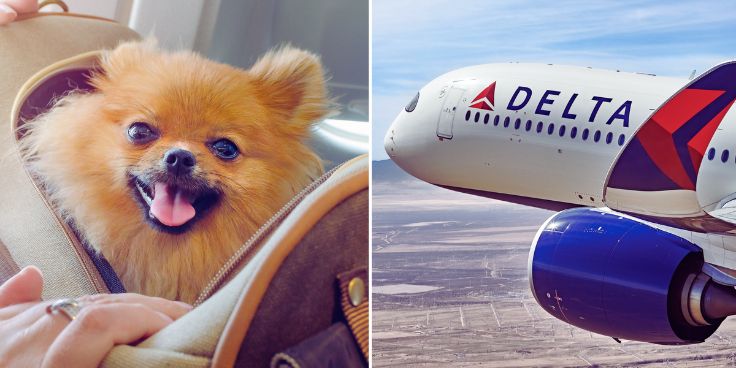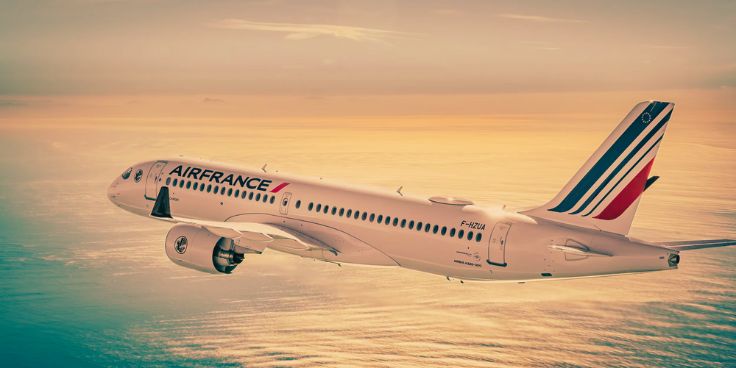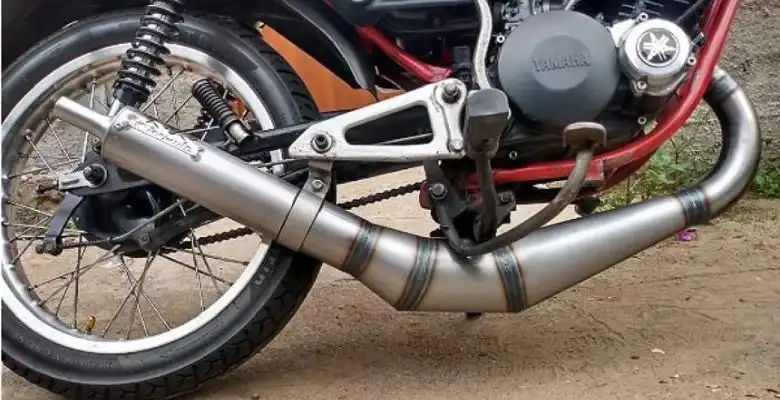A recent incident involving a Delta flight dog diversion at Minneapolis–Saint Paul International Airport (Delta Flight Dog Diversion MSP) has drawn attention from travelers, animal lovers, and aviation watchers alike. While diversions are not unusual in aviation, cases involving pets onboard raise unique concerns about safety, logistics, and animal welfare. This article explores what happened, why diversions like this occur, how Delta and other airlines handle pet travel, and what passengers should know when flying with animals.
Understanding the Delta Flight Dog Diversion MSP
Reports surfaced that a Delta Flight Dog Diversion MSP due to issues involving a traveling dog. Although specific details remain limited, it highlights the complexity of transporting animals safely on commercial flights.
Diversions can occur when:
-
A pet’s health is at risk – e.g., heat stress, breathing difficulties, or medical emergencies.
-
Cabin disruptions – a pet escapes its carrier, becomes distressed, or poses a risk to passengers.
-
Operational requirements – pilots may divert if they feel animal welfare is compromised.
-
Ground conditions – extreme weather at the origin or destination airport can make diversion necessary for pet safety.
In the MSP case, Delta’s decision to divert was rooted in its “safety-first” policy, ensuring both passengers and the animal’s well-being.
Why Airlines Divert Flights for Animals
When you hear of a Delta flight dog diversion MSP, it may sound unusual, but animal-related flight diversions are more common than people realize. Airlines treat animals as “special cargo” or cabin passengers (depending on their travel class), and any unexpected risk can trigger a diversion.
Key Reasons for Animal Diversions
-
Medical Emergencies
-
Dogs can suffer from anxiety, dehydration, or altitude sickness.
-
Certain breeds (brachycephalic, or flat-faced, like pugs and bulldogs) are at higher risk during flights.
-
-
Cabin Incidents
-
Pets that escape carriers may cause safety hazards.
-
Loud barking, biting, or stress reactions can lead to passenger discomfort or crew intervention.
-
-
Operational Precautions
-
Heat embargoes and cold-weather alerts sometimes mean animals can’t be offloaded safely.
-
Diversions allow pets to be handled at airports with veterinary support.
-
How Delta Handles Pet Travel
Delta Air Lines has a comprehensive pet policy designed to protect animals during air travel. When an incident like the Delta flight dog diversion MSP occurs, it demonstrates that Delta follows strict safety rules even if it means inconvenience.
Delta’s Pet Travel Options
-
In-Cabin Travel: Small dogs and cats may travel in an FAA-approved carrier under the seat.
-
Cargo (Delta Cargo): Larger pets are shipped in temperature-controlled cargo holds with regulated ventilation.
-
Service Animals: Certified service dogs may travel with their owners in the cabin under ADA rules.
Key Pet Travel Rules on Delta Flight Dog Diversion MSP
-
Animals must be at least 10 weeks old for domestic flights.
-
Carriers must be leak-proof and ventilated.
-
Health certificates may be required for interstate and international travel.
-
Certain breeds (snub-nosed dogs/cats) may face restrictions for health reasons.
The Role of Minneapolis–Saint Paul (MSP) in Diversions
MSP is a major hub for Delta, making it a logical diversion airport for flights across North America. The airport has:
-
Veterinary resources nearby for emergency care.
-
Pet relief areas for animals deplaned during long delays.
-
Delta’s strong operations team, ensuring quick turnaround when diversions happen.
This makes MSP one of the safest choices for rerouting flights involving animals.
Passenger Perspective: What Happens During a Diversion
For travelers onboard the diverted flight, the unexpected landing may have caused confusion. Here’s what typically happens when a Delta flight dog diversion MSP occurs:
-
Announcement – The captain explains the diversion reason (sometimes generally for “safety”).
-
Landing Coordination – ATC clears an alternate runway, often at a hub like MSP.
-
Animal Care – The pet involved is assessed by staff or veterinary professionals.
-
Passenger Rebooking – Depending on delays, Delta may rebook connections or provide accommodations.
While inconvenient, these steps reflect the priority given to animal welfare.
Safety Protocols for Flying with Dogs
For passengers planning to fly with dogs, this incident highlights the importance of preparation.
Pre-Flight Checklist for Dogs
-
Vet Check: Ensure vaccinations and health status are clear before travel.
-
Carrier Comfort: Use a sturdy, familiar, ventilated carrier.
-
Hydration: Provide water but avoid heavy feeding right before flights.
-
Exercise: Give pets exercise before travel to reduce stress.
-
Microchip & ID: Always tag pets in case of accidental escape.
Animal Rights and Aviation Regulations
Airlines must comply with USDA and DOT regulations for animal transportation. A diversion like the Delta flight dog diversion MSP highlights the balance between federal law and airline policy.
-
USDA (United States Department of Agriculture) oversees standards for animal cargo.
-
DOT (Department of Transportation) tracks incidents of pet injury, loss, or death on airlines.
-
Airlines must file public reports, reinforcing transparency.
This ensures accountability when incidents occur.
Public Reaction to Pet Diversions
Travelers often share strong opinions about incidents like the Delta flight dog diversion MSP. Many passengers support Delta’s decision, citing safety, while others express frustration over delays. Social media amplifies these reactions, often sparking debate about:
-
Should pets be allowed in cabins?
-
Are airlines doing enough for animal safety?
-
Should stricter breed/size restrictions exist?
These questions reflect growing awareness of animal welfare in aviation.
Lessons for Airlines and Travelers
For Airlines
-
Clearer communication with passengers during diversions.
-
Expanded onboard animal health resources.
-
More investment in training staff for pet-related incidents.
For Passengers
-
Always check airline policies before flying.
-
Prepare pets with gradual carrier training.
-
Consider pet insurance covering flight incidents.
Final Thoughts Delta Flight Dog Diversion MSP
The Delta flight dog diversion MSP case is more than a headline—it’s a reminder of the complexity of flying with animals. Airlines like Delta face the challenge of balancing human schedules with animal safety, and diversions are sometimes the only way to protect both.
For passengers, the best takeaway is preparation: know the airline’s policies, ensure your pet is flight-ready, and always prioritize their comfort and safety. In aviation, diversions may delay arrival, but they ultimately reaffirm the principle that safety comes before convenience—whether for people or pets.
FAQs About Delta Flight Dog Diversion MSP
Q1: Why was Delta Flight diverted to MSP due to a dog?
The diversion likely occurred due to a pet health concern or operational safety issue. Airlines prioritize animal welfare during flights.
Q2: Does Delta allow dogs in the cabin?
Yes. Small dogs can travel in FAA-approved carriers under the seat. Service dogs are permitted under ADA regulations.
Q3: How does Delta ensure pet safety in cargo?
Delta Cargo provides climate-controlled compartments, ventilation, and compliance with USDA standards.
Q4: What should passengers do to prepare dogs for flights?
Schedule a vet visit, use proper carriers, hydrate pets, and ensure ID tags/microchips are in place.
Q5: Is MSP a common diversion hub for Delta flights?
Yes. As a major Delta hub, MSP is often chosen for diversions due to its facilities, veterinary access, and operational readiness.














Leave a Reply